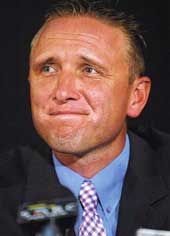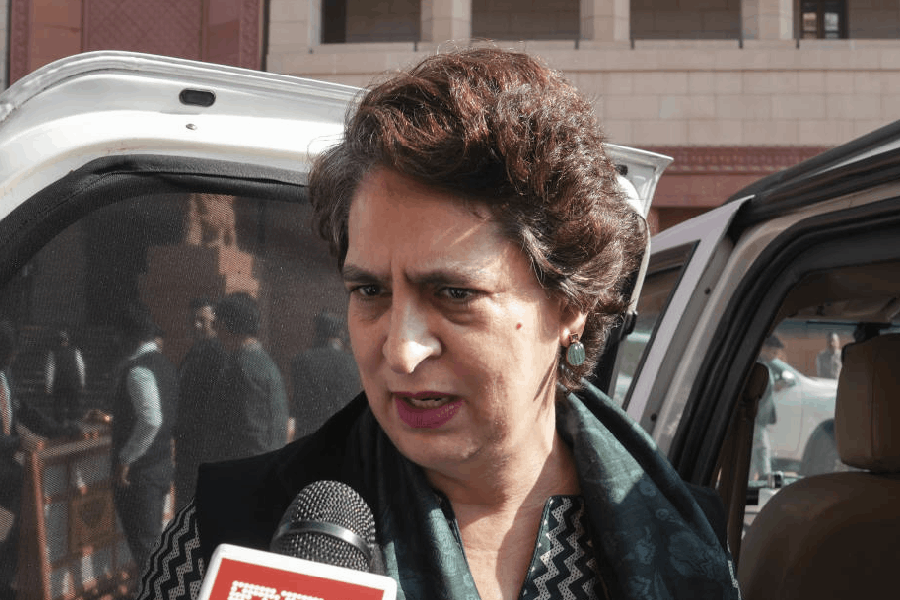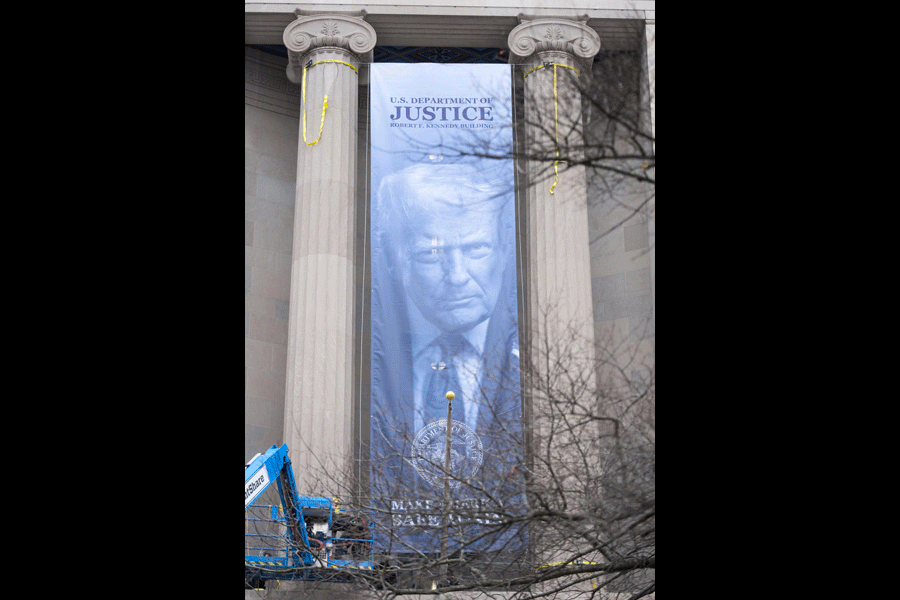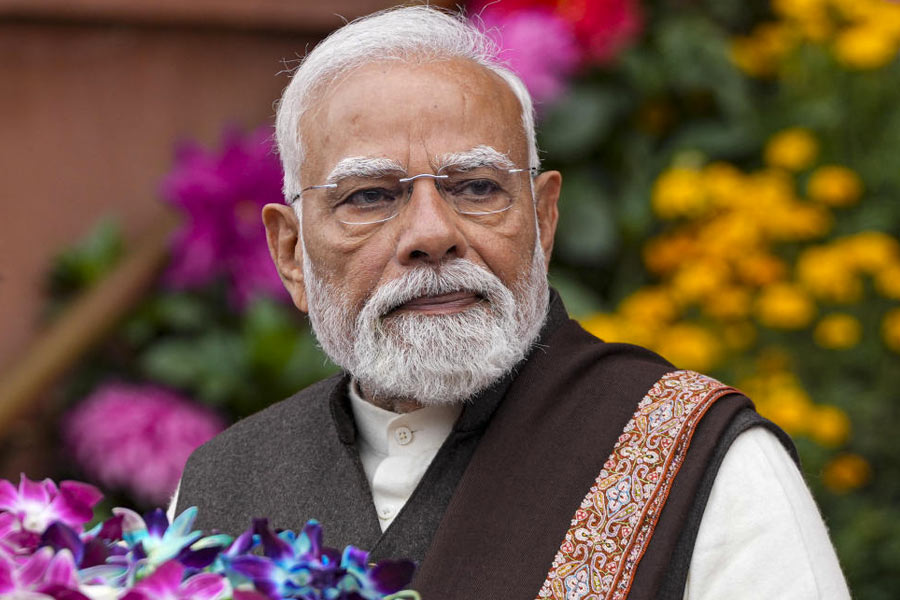 |
| Allan Donald announces his retirement from international cricket in Bloemfontein Saturday. (AP/PTI) |
Johannesburg: Dynamic pace generated through a gloriously supple action made Allan Donald at his peak the finest fast bowler in the world.
Donald, who announced his retirement from all international cricket at the age of 36 Saturday, supplied the cutting edge of the South Africa attack after they were re-admitted to international cricket in the early 1990s.
From a relaxed, light-footed run-up, Donald gathered speed, culminating in an athletic leap at the crease and an explosive delivery with high action and cocked wrist. The story of Allan Donald inevitably reflects his turbulent times.
He was raised in Bloemfontein in the Afrikaans’ heartland, around which many of the bloodier battles in the Boer war were fought. As a youngster he accepted the prevailing wisdom without question that Nelson Mandela was a terrorist who deserved to be jailed for life and his early sporting ambition was to play rugby for the Springboks.
Realising that he would never emulate his hero, South Africa flyhalf Naas Botha, Donald concentrated on cricket, turning to fast bowling after a brief flirtation with spin bowling.
Heredity played a part. His mother was a gymnast and his father a good bowler with an action similar to the fearsome Englishman Frank Tyson. “The ability to bowl fast was just a natural thing for me,” Donald remarked.
Two years’ national service during the State of Emergency in the 1980s opened Donald’s eyes to the harsh realities of his troubled land. “Compared to all that, bowling to Brian Lara on a flat wicket in exhausting heat is a doddle,” he said.
Because of the worldwide sporting boycott, South Africa’s sole contact with international cricket in the 1980s came through various rebel tours from England, Australia and West Indies teams composed of players who had either retired from, or were disaffected with, the established order.
Fast-tracked into the national side, Donald played his first ‘Test’ against Kim Hughes’ Australians, coincidentally the last time Graeme Pollock played for his country.
Then came the key move in Donald's life. Only 20, he accepted an invitation to join English county side Warwickshire, admitting: “I had my rough edges, including a very strong Afrikaans accent.” Donald had his first taste of alcohol — a lager shandy — and met an Englishwoman who was later to become his wife.
For the first time, Donald had his eyes opened to the cruelty of apartheid. “Not until I played in England did I start to understand the realities of apartheid,” he s aid. “I was a typical product of my particular society in Blomfontein.”
Donald, an avid student of the game, also learned his trade quickly. Great fast bowlers abounded in county cricket in the late 1980s. From Richard Hadlee he learned the importance of the wrist action. Another more unexpected model was the undeniably fast if often erratic England bowler Devon Malcom.
Donald, who believed Malcolm was treated harshly by the England authorities, particularly admired his relaxed run-up. He also absorbed the tough mental approach of South Africa teammates Kepler Wessels and Clive Rice and that of the feisty Australian captain Allan Border.
South Africa’s readmission to the international arena in 1992 coincided with Donald’s peak years. He enjoyed some celebrated duels with England’s Mike Atherton and West Indies’ Brian Lara, later to become a colleague at Warwickshire.
Naturally fit, Donald extended his career by a devotion to training, although the injuries inevitably associated with his trade led eventually to his retirement from Test cricket.
Donald’s worst moment came in the 1999 World Cup semi-final, when he was run out seeking the run against Australia which would have put the South Africans into the final. Partly through a desire to atone for that bitter disappointment, Donald continued through to this year’s World Cup. There was to be no happy ending. He played only three of six games, taking just one wicket for 133 and his team did not advance past the first round.
Donald’s place in history is assured. He is the only South African to take more than 300 Test wickets and his stature in his country is such that Mandela contributed the foreword to his autobiography.
Tellingly, the former South African president pays tribute not just to a great cricketer but to a man who grew up “with a very restricted view of the politics of his country... (but) was prepared to listen and to learn of the other side when it became possible.”









